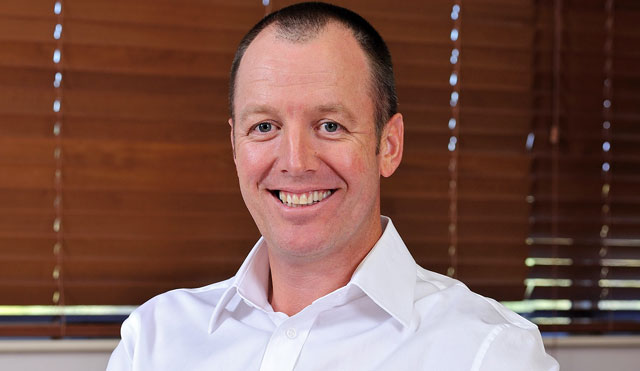
Want access to as many as 12m Wi-Fi hotspots around the world, free of charge? That’s effectively what Naspers-owned Internet service provider MWeb is promising as part of a deal it’s signed with Spanish company Fon, which claims to offer the world’s largest Wi-Fi network.
Fon, which was founded in Spain in 2006 but which now operates across four continents, involves Internet users sharing a portion of their bandwidth as a separate Wi-Fi signal with users in their vicinity. In return, Fon members are able securely to access any other Fon Wi-Fi hotspot both locally and globally.
In essence, Fon is a crowd-sourced Wi-Fi network. Everyone who contributes connects for free.
MWeb customers who want the service will need to install a Fon-enabled Wi-Fi router, which the company intends supplying free of charge (for now), along with a Wi-Fi range extender, to new and existing users.
Fon users will also have access to MWeb Wi-Fi Zones as well as AlwaysOn hotspots. It hopes that as many as 30 000 Fon hotspots will have been created in South Africa by the end of 2014.
The service provider’s CEO, Derek Hershaw, says that as broadband prices come down, and more users and sites come online, it wants to change what South Africans expect from mobile connectivity. “In MWeb’s vision of the future, our users will never have to adjust how they consume the Internet just because they aren’t at home or in the office.”
The MWeb Fon routers use existing connections and send out separate public and private wireless signals. The public signal makes users’ broadband connections act as a Fon hotspot. The public connection will only offer spare bandwidth available on the line, so it shouldn’t interfere with users’ own experience.
MWeb says customers who sign up for Fon will not have their connections throttled in any way, even if their hotspots are used extensively by other Fon users.
“The public Fon hotspot you create from your broadband connection is operated as a completely separate Wi-Fi channel. This means that the roaming user of your hotspot will not have the ability to affect your residential connection,” it explains.
“We have been looking for a way to broaden our customers access to Wi-Fi beyond their home or office network without compromising the quality of internet access that they’ve become accustomed to,” says Hershaw.
World Wide Worx MD Arthur Goldstuck believes Wi-Fi will go mainstream in South Africa in 2014.
“It’s on the agenda of Internet service providers, mobile networks, shopping malls, eating places as well as regional and national government,” he says.
“When the Western Cape’s DA government and the ANC in its manifesto stress the importance of Wi-Fi, then you know it’s going mainstream in a big way.”
Alan Knott-Craig, CEO of Project Isizwe, which facilitates the roll-out of free Wi-Fi networks across Africa, said: “The future of telecoms is data. The most frugal way to roll out a data network is using Wi-Fi. If we’re ever going to see Internet access as a basic service along the lines of water and electricity (which is inevitable), cost efficiency is the key. That’s why Wi-Fi is the future.” — (c) 2014 NewsCentral Media, with additional reporting by Sapa

